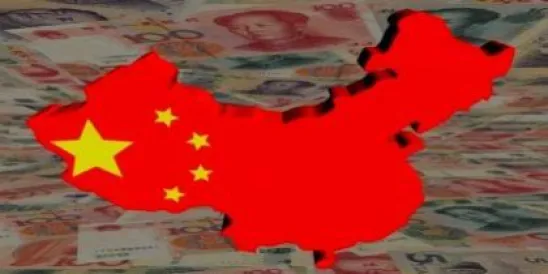On 13 December 2011, ENN Energy Holdings Limited (ENN Energy) and China Petroleum & Chemical Corporation (Sinopec) jointly announced the acquisition of all outstanding shares in China Gas Holdings Limited (China Gas) for HK$16.7 billion (approximately RMB 13.6 billion or US$2.1 billion), adding that this acquisition triggers a requirement to notify and obtain clearance from China’s Ministry of Commerce (MOFCOM). Clearance from MOFCOM would therefore be one of the preconditions for ENN Energy and Sinopec to close the transaction.
According to the offer announcement ENN Energy made, the acquisition will enhance the market position and geographical coverage of ENN Energy. As of 30 June 2011, ENN Energy had 100 piped gas projects in 15 provinces, autonomous regions and directly administered cities in the People’s Republic of China (PRC). As of 30 September 2011, China Gas operated 151 city piped gas projects, nine long distance natural gas pipeline projects, 112 compressed natural gas refilling stations for vehicles, one natural gas development project and 44 liquefied petroleum gas distribution projects in 20 provinces, autonomous regions and directly administered cities in the PRC.
According to media reports, ENN Energy has licences to run piped gas projects in more than 30 cities while China Gas covers more than 40 cities. The acquisition, if cleared, means ENN Energy would double its current market share in the piped gas supply market in cities across the PRC.
As of 30 September 2011, the natural gas supply projects operated by China Gas had a connectable city population of approximately 62 million (approximately 19 million households), as well as 1,428 industrial and more than 40,000 commercial customers. The companies expect the synergy between the existing businesses of ENN Energy and China Gas will expand their respective penetration in the PRC natural gas distribution market and enhance their aggregate market coverage and market positions. Further, China Gas has a more established presence in the natural gas markets of Inner Mongolia and Shaanxi Provinces. The companies assert this will allow ENN Energy to capitalise on the experience of operation in those provinces and complement its plans to expand into those markets that are relatively new to ENN Energy.
Some observers have assessed the acquisition will result in a market share of more than 30 per cent after the combination of ENN Energy and China Gas (and even higher in certain regions), far exceeding other gas operators. Considering the special distribution model of gas, the post-merged group could very well gain the ability to raise prices, a result that is normally of considerable concern for China’s merger control authorities.
Similar concern may also exist for Sinopec, which is one of the three biggest wholesalers of natural gas. (The other two are China National Petroleum Corp. and China National Offshore Oil Corp.) The acquisition would result in Sinopec extending its business into the retail market for natural gas, and possibly give Sinopec more leverage to control the retail price of natural gas. Such a possibility might also raise competition concerns from MOFCOM, the competition watchdog.
However, other commentators argue the acquisition should not cause regulatory concern because it could not have an impact on the price of the natural gas at either the wholesale or retail markets. At the wholesale market, the National Development and Reform Commission (NDRC) dictates the price at which Sinopec and the other two wholesalers sell gas to distributors, and NDRC closely watches whether there is any deviation from the dictated wholesale price. At the retail level, the regional authorities in charge of pricing dictate the price at which distributors can sell gas to end-users. The retail price is also closely watched, and any increase is subject to a public hearing of end-users. Therefore, even if a wholesaler or distributor holds 100 per cent of the retail market of gas, the wholesaler or distributor, theoretically, can not increase the consumer price at its own discretion.
Additionally, this deal may be subject to national security review, as it is related to PRC’s energy strategy.



 />i
/>i